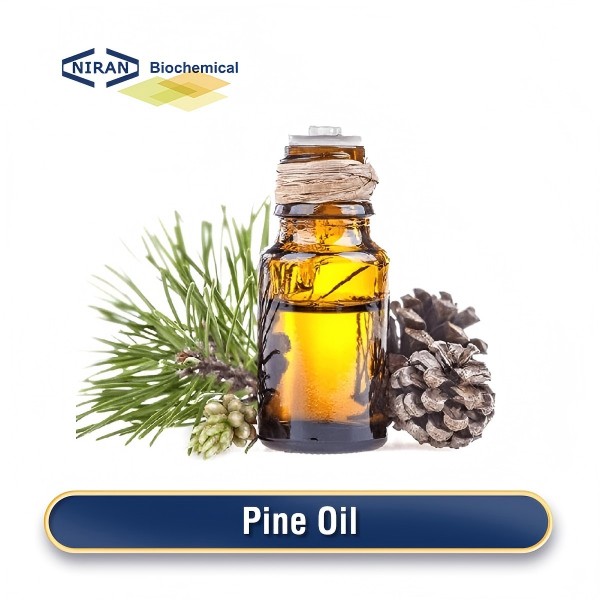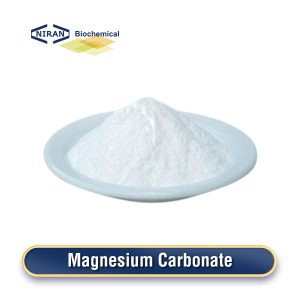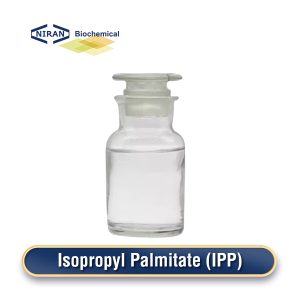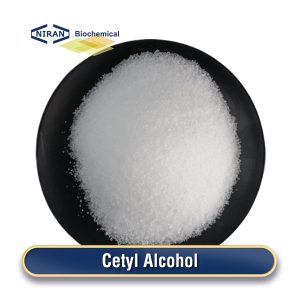Pine Oil
- CAS Number: 8002-09-3
- Chemical Formula: C10H16O
- MOQ: 1000KG
- Shelf Life: 2 years
- Synonyms: Pinus sylvestris oil, Scotch pine oil, Pine essential oil, Turpentine oil (crude), Pine needle oil
Product Description
What Is Pine Oil?
Pine oil, a natural essential oil, is derived from the needles, twigs, and cones of Pinus sylvestris. Known for its refreshing, woody fragrance, Pine Oil has various uses in cleaning products, personal care, and aromatherapy due to its antiseptic, antibacterial, and anti-inflammatory properties. It also acts as a natural air freshener and flavoring agent for food.
Preparation Method:
Pine oil is primarily obtained through steam distillation. By using steam to pass over crushed pine needles or twigs, the essential oil is forced to evaporate. The oil is subsequently extracted from the water by condensing the steam and oil vapor. After distillation, the oil undergoes purification to remove impurities, resulting in a high-quality product with concentrated fragrance and therapeutic benefits.
Related Parameters:
| Items | Standards |
| Purity | ≥90% |
| Impurity | ≤0.3% |
| Chroma | ≤6# |
| pH | 5.0-7.0 |
| Relative Density (D20/D) | 0.920-0.940 |
| Water Content | ≤0.7% |
Recommended Dosage of Pine Oil:
| Applications | Dosage |
| Household Cleaning Products | 1%-5% |
| Personal Care Products | 0.5%-3% |
| Aromatherapy | 2-5 drops per diffuser |
| Deodorants & Antiperspirants | 0.5%-1% |
| Massage Oils | 1%-2% |
| Flavoring in Food & Beverages | <0.1% |
| Insect Repellents | 2%-5% |
Pine Oil Has Wide Range of Uses:
1. Household Cleaning Products
Used in cleaners, disinfectants, and air fresheners, Pine Oil’s antibacterial and deodorizing properties eliminate germs and odors, leaving spaces fresher.
2. Personal Care Products
Found in shampoos, soaps, and lotions, it has antiseptic and anti-inflammatory effects, soothing skin and offering a refreshing fragrance.
3. Aromatherapy
Used in diffusers and massage oils, it promotes respiratory health, reduces stress, and enhances mental clarity, perfect for mood improvement and relaxation.
4. Insect Repellents
Its pine aroma effectively repels mosquitoes and flies, offering a natural, chemical-free alternative to conventional insect repellents.
5. Flavoring in Food
Occasionally used to add a fresh, piney flavor to confectionery and beverages.
6. Medicinal Uses
Used in balms and rubs, it relieves muscle pain and inflammation.
7. Industrial Applications
Used as a solvent or in turpentine oil, it aids in cleaning and chemical production.
User Asked Question:
Q: What distinguishes pine oil from pine needle oil?
A: Pine Oil is generally a broader term that refers to the essential oil derived from different parts of the pine tree, while Pine Needle Oil specifically refers to oil extracted from the needles of pine trees and is known for its stronger scent and therapeutic uses.




